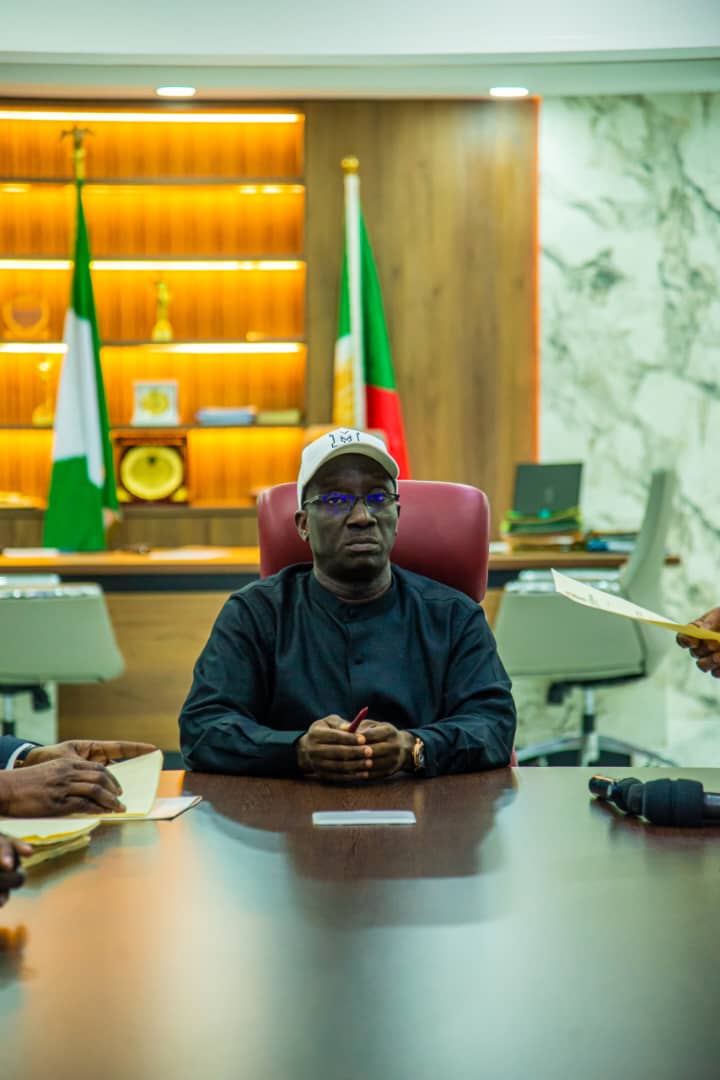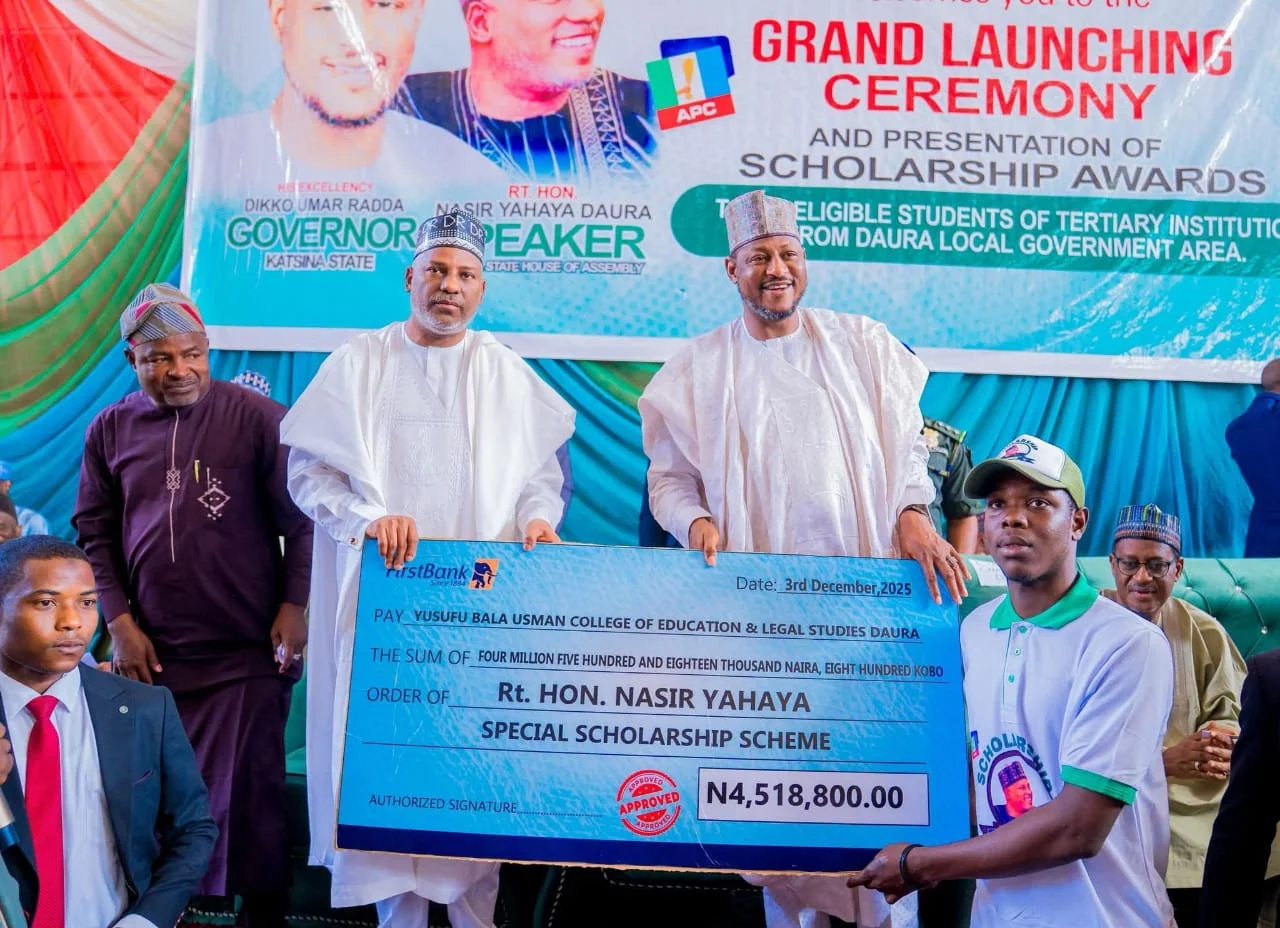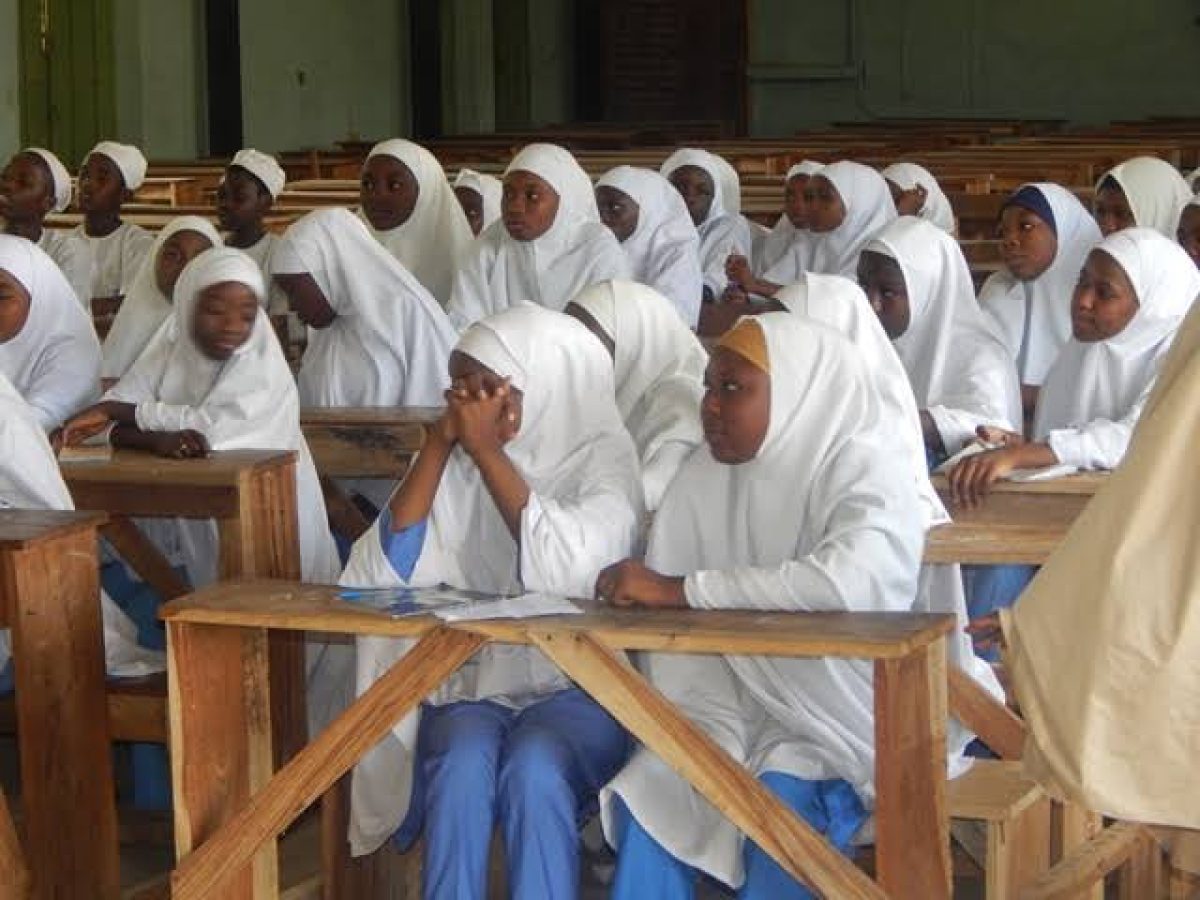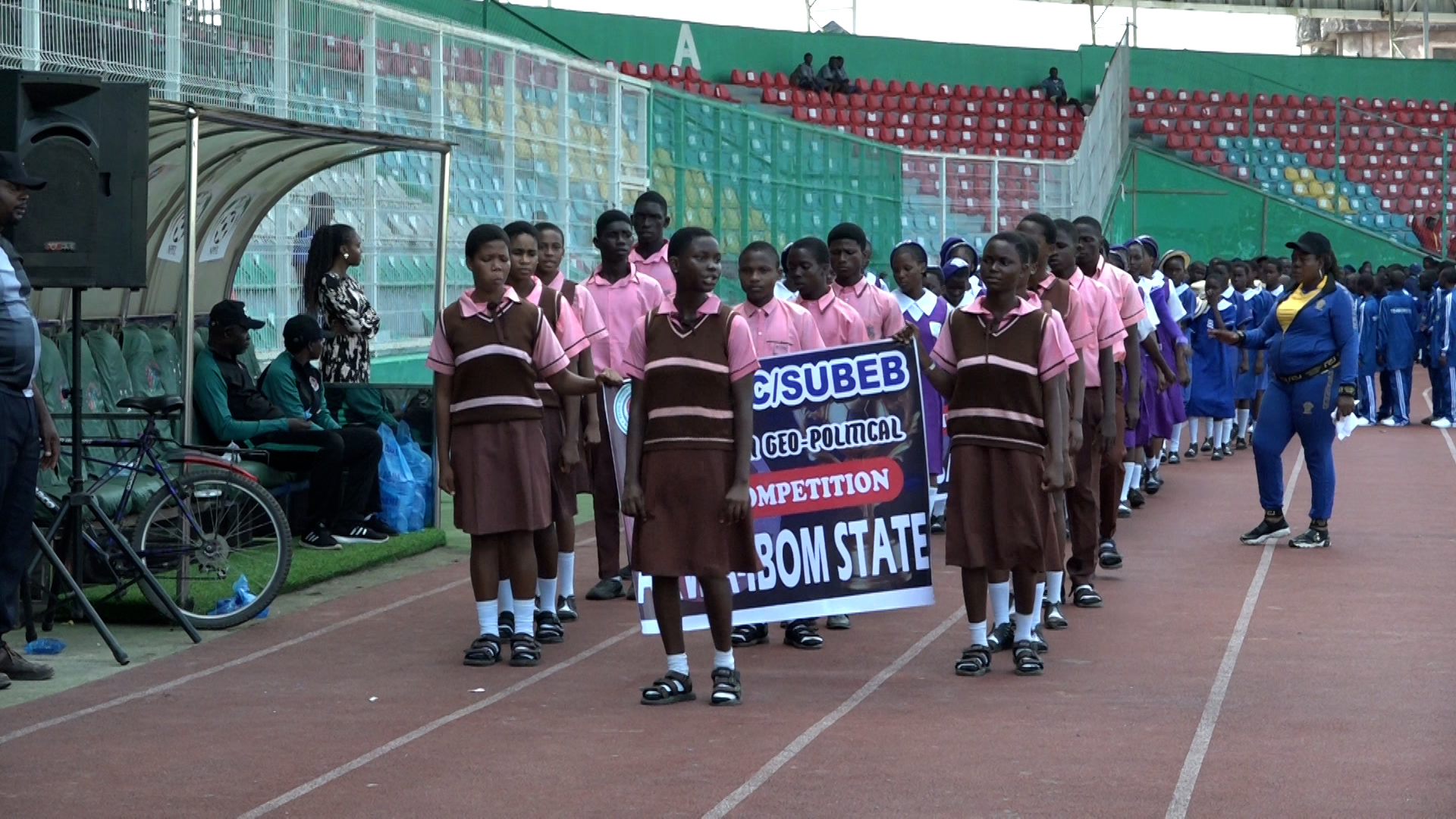History teaches us that no great civilization ever emerged without first laying a solid foundation in education. From the intellectual traditions of ancient Greece to the scholarly vigor of the Arab world during the Golden Age, and the technological revolutions of modern Asia, societies that invested in knowledge created legacies that outlived kings and empires.
The strength of nations has never rested solely on armies or wealth, but on the quality of minds they cultivated. Education has always been the invisible architecture upon which enduring prosperity is built.
It is within this context that the latest approvals by the Edo State Executive Council, under the leadership of Governor Monday Okpebholo, must be understood. The projects—ranging from lecture theatres and hostels at Ambrose Alli University, to the remodeling of secondary schools, and the renovation of basic schools—are not mere brick-and-mortar initiatives.
They are deliberate steps in anchoring the state’s future on the same principle that guided the rise of great civilizations: the nurturing of young minds through robust educational infrastructure.
At the heart of the approvals is a clear recognition that no student—whether in primary, secondary, or tertiary institution—should be denied the dignity of learning in an environment that inspires creativity, nurtures discipline, and expands opportunities. The construction of a 1,500-seater lecture theatre, two additional 300-capacity lecture theatres, and a 600-bed hostel at Ambrose Alli University, Ekpoma, is not merely a physical intervention.
It is a bold statement that Edo State is serious about giving its undergraduates a foundation that matches the demands of a knowledge-driven world. For years, overcrowded lecture halls and inadequate hostels have undermined the university experience. These facilities, once completed, will reposition AAU not just as a citadel of learning but as an incubator of dreams.
The decision to remodel and reconstruct eight secondary schools, alongside the commencement of Phase Three of the Basic Schools Renovation Program, speaks to continuity and intentionality. The beneficiaries spread across Ovia North East, Ikpoba-Okha, Etsako West, Esan West, and Uhunmwonde, among others, indicate a governance philosophy that prioritizes balance and equity.
It is here that we see the seeds of enduring legacies—when the government ensures that a child in Iruekpen learns under the same quality of roof as a child in Benin City. When rural children are given classrooms that inspire them to compete with their peers in Lagos, Abuja, or even beyond Nigeria, the state is quietly rewriting its future.
Yet, an enduring legacy for students is not only about classrooms and lecture theatres. It is also about the ecosystem that supports education. The approval for new markets in Orhionmwon, Ikpoba-Okha, Ovia North East, and Jatu in Edo North, as well as the provision of 25 transformers in oil-producing communities, demonstrates a profound understanding that education and commerce are interconnected.
Thriving markets ensure that parents can trade and earn enough to send their children to school. Steady power supply means schools can integrate digital learning tools that prepare students for the realities of the 21st century. A child who studies in a well-lit environment, goes home to electricity, and whose parents are financially empowered to provide school supplies, is better positioned to succeed.
Importantly, these approvals are not about cement, steel, or bricks; they are about human capital. They are about a little girl in Uhunmwonde who, in a few years, will walk into a renovated classroom with confidence. They are about a young man in Ekpoma who will no longer stand through a lecture because the hall is too crowded. They are about the child in Ovia North East whose school uniform will not be soaked in rain because the classroom roof has collapsed. These are the real faces of enduring legacies—the quiet transformations that ripple through generations.
Governor Monday Okpebholo’s administration must, therefore, be commended not just for approving these projects but for threading them together into a coherent vision. To build lecture theatres without addressing basic schools would be incomplete.
To upgrade schools without strengthening commerce would be shortsighted. To expand markets without electrification would leave gaps. What we are witnessing is a holistic approach that recognizes education as both an enabler and a beneficiary of broader social transformation.
In approving these projects, Edo State has taken a bold step in the right direction. But in completing them and ensuring that they truly serve students from primary to tertiary levels, the state will engrave its name in the book of enduring legacies. The classrooms we build today will determine the leaders we present tomorrow. The hostels we erect today will house the inventors, writers, doctors, and engineers who will one day shape not only Edo’s destiny but Nigeria’s place in the world.
That is the power of vision. That is the essence of legacy.




